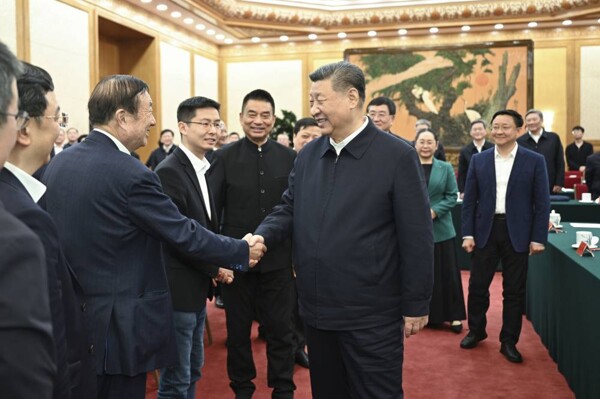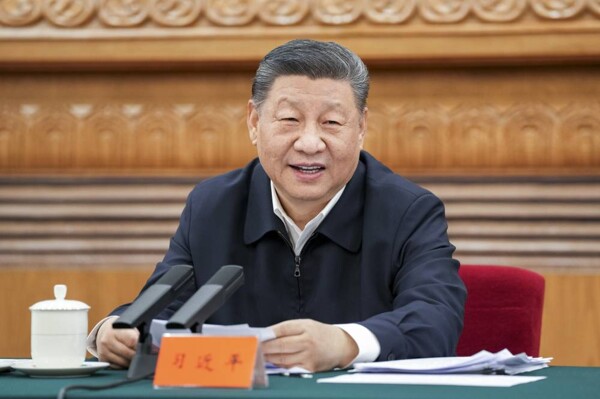Chinese AI chipsets are facing tough competition from Nvidia's GPU in AI training tasks, but the scenario is different for AI inference workloads. According to an expert, these tasks are more lenient and demand a deeper understanding of local and industry-specific requirements. Despite this, Nvidia continues to dominate the field, especially in inferencing tasks, as its chips are deemed superior even in the Chinese market.
An analyst from Bernstein pointed out that Chinese AI chips could compete on cost for inferencing tasks but were still trailing behind Nvidia in overall performance. Nvidia, although restricted from exporting its most advanced AI training chips to China, can sell less potent training chips for use in inference tasks to Chinese customers.
In a recent blog post, Nvidia addressed the increasing inference time as a new scaling challenge, advocating for the necessity of its chips to enhance models like DeepSeek and other reasoning models. Alongside computing power, Nvidia's CUDA, a crucial parallel computing platform, has played a significant role in establishing its dominance, allowing developers to utilize Nvidia GPUs for various computing purposes beyond AI and graphics.
Several Chinese AI chip companies have attempted to challenge Nvidia indirectly by claiming compatibility with CUDA rather than encouraging users to switch entirely. However, Huawei has been more assertive in this aspect by introducing its CUDA equivalent named Compute Architecture for Neural Networks (CANN), though it faces impediments in convincing developers to move away from CUDA.
The emergence of DeepSeek's AI models, particularly focusing on inference tasks, presents a window of opportunity for Chinese chipmakers, including Huawei, to bolster their position in the local market against more potent U.S. processors. These models prioritize computational efficiency over sheer processing power, potentially bridging the performance gap between Chinese-made AI processors and their American counterparts.
Huawei and other Chinese AI chip manufacturers have voiced their support for DeepSeek models, hinting at a more competitive landscape in the AI chipset industry. Despite criticisms over the software performance of Chinese AI chip firms, the open-source nature and affordability of DeepSeek models are anticipated to drive AI adoption and application development, aiding Chinese companies in navigating U.S. export restrictions.
Even before the advent of DeepSeek, products like Huawei's Ascend 910B had already gained favor among customers for less computationally intensive inference tasks, suggesting a promising future for Chinese AI chipset vendors. Several companies in China have expressed intentions to integrate DeepSeek's models into their products and operations, signaling a growing interest in leveraging this technology for real-world applications.














